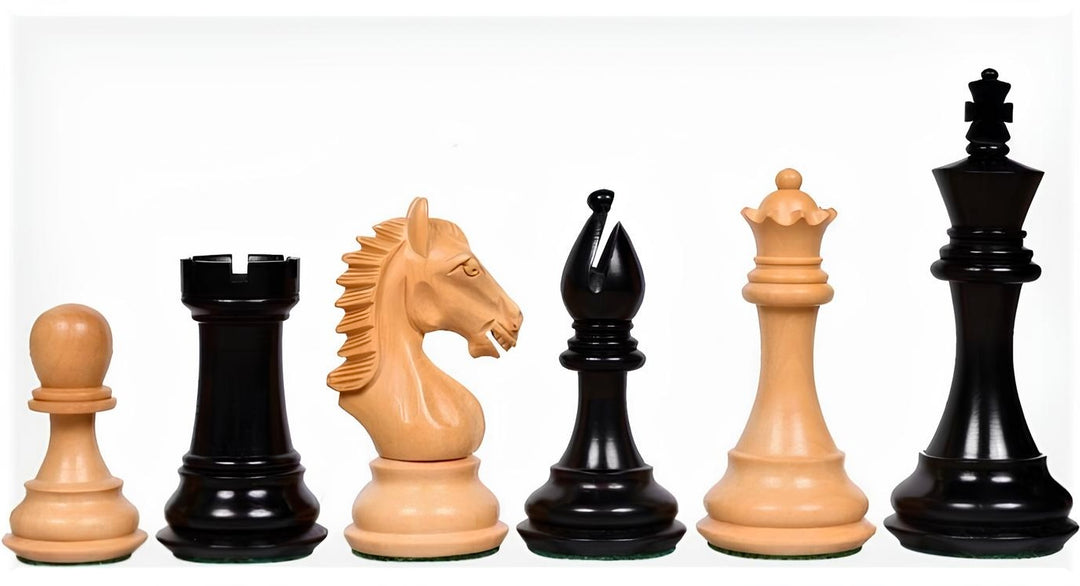Introduction to the Rules of Chess
Chess is a strategic board game played between two players, each beginning with 16 pieces: one king, one queen, two rooks, two knights, two bishops, and eight pawns. The game is played on a square board divided into 64 squares (8x8 grid), alternating between light and dark colors. Understanding who moves first in chess and the impacts of this rule is crucial for both beginners and experienced players.
Who Moves First in Chess?
In chess, the player controlling the white pieces always moves first. This rule has been standardized and is universally adopted in all official chess games and tournaments. The choice of color is usually determined randomly, especially in casual play. In competitive play, methods such as a coin toss, drawing of lots, or alternating colors based on the tournament’s round or players' past games are used.
Historical Perspective and Reasons
The tradition of white moving first started in the late 19th century. Before this period, there was no standard rule about which color would begin the game, and either the white or the black could start. This changed as the standardization of chess rules began taking place, aligning with the need for a consistent format in increasingly popular international tournaments.
The choice of white moving first in chess is purely traditional. There is no specific tactical or strategic advantage linked inherently to the color itself but rather to the opportunity to move first. Having the first move can provide a slight advantage, known as the first-move advantage in chess.
Understanding the First-Move Advantage
The player who moves first in chess can dictate the pace of the game from the outset. This initial control allows the white player to develop their pieces to desirable positions earlier in the game, potentially putting the black player in a defensive stance from the onset. Statistically, white scores slightly better in professional games, partly due to this first-move advantage.
Strategies for the First Move
Common opening moves for white include 1.e4, aiming to control the center, and 1.d4, which establishes a strong pawn structure while opening lines for other pieces. Each of these moves can lead to numerous well-explored chess openings such as the Ruy Lopez, Sicilian Defense, Queen's Gambit, and many more. The choice of opening often sets the tone for the rest of the game, influencing the positions and strategies that unfold.
Strategies for Black
As the second mover, black needs to be reactive initially but has plenty of opportunities to counter white's strategies effectively. Popular strategies include the French Defense, Caro-Kann, and King’s Indian Defense, each providing robust methods for counterplay and controlling vital areas of the board. The goal for black often revolves around neutralizing white's initial advantage and transitioning smoothly into the middlegame and endgame with a solid position.
Impact of the First-Move Advantage in Different Levels of Play
While the first-move advantage is a known factor in chess, its significance varies across different levels of play. In professional and highly competitive settings, players are well-equipped to handle disadvantages that come from moving second. However, in amateur or less competitive settings, the player moving first can capitalize more significantly on their initial move.
Conclusion
In conclusion, while chess is a battle of wits and strategy involving deep thinking and planning, the rule stipulating that white moves first adds an extra layer of strategy right from the beginning of the game. Understanding and using the advantages conferred by the first or second move can dramatically influence the game's outcome, emphasizing the depth and complexity of chess even from the very first move.
Explore our large collection of luxurious chess sets!


























































Leave a comment